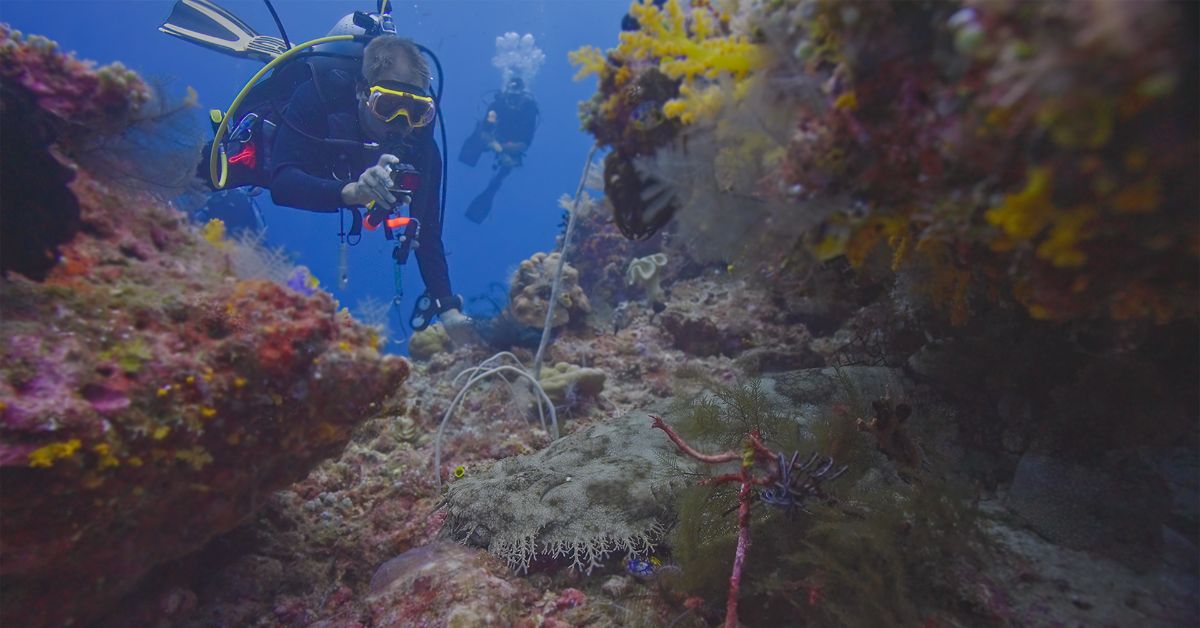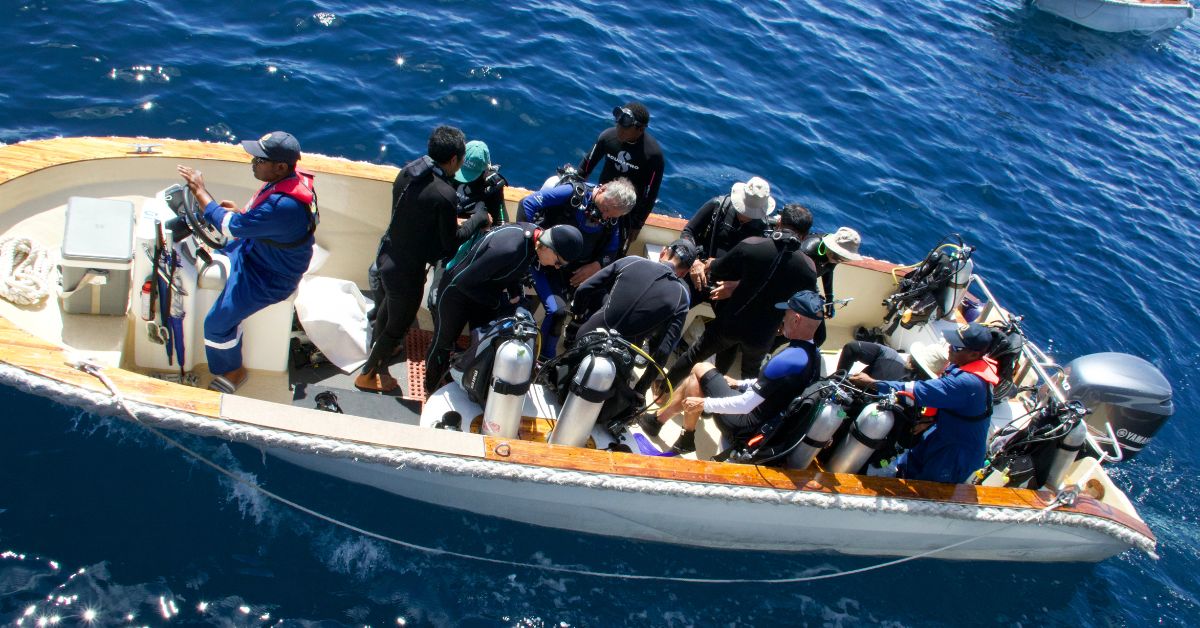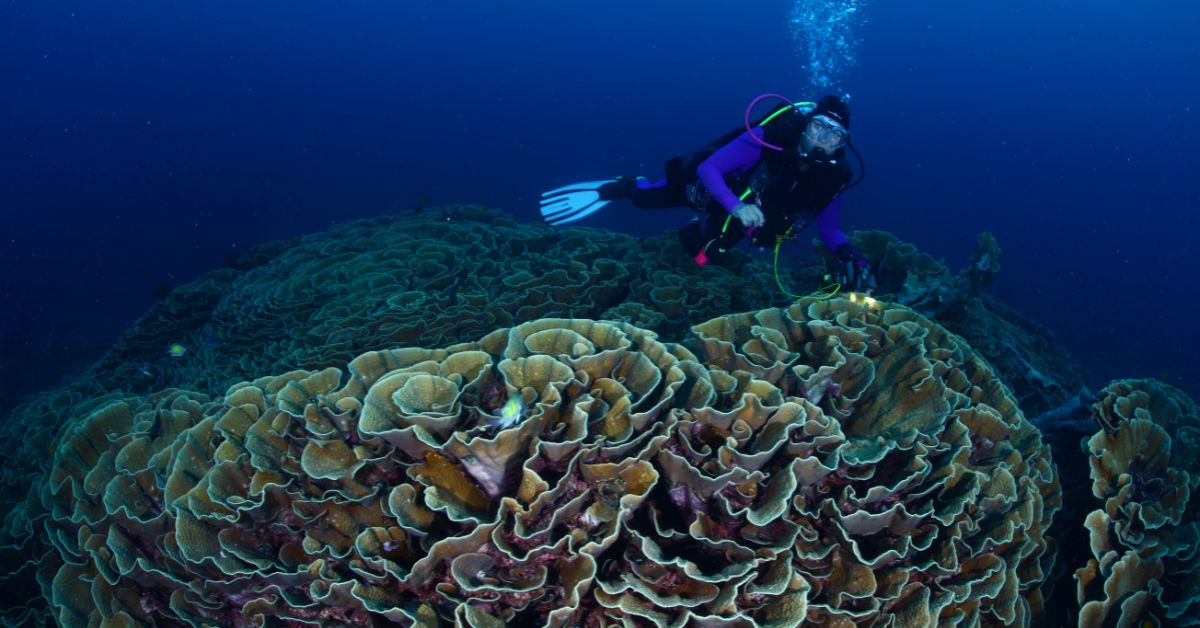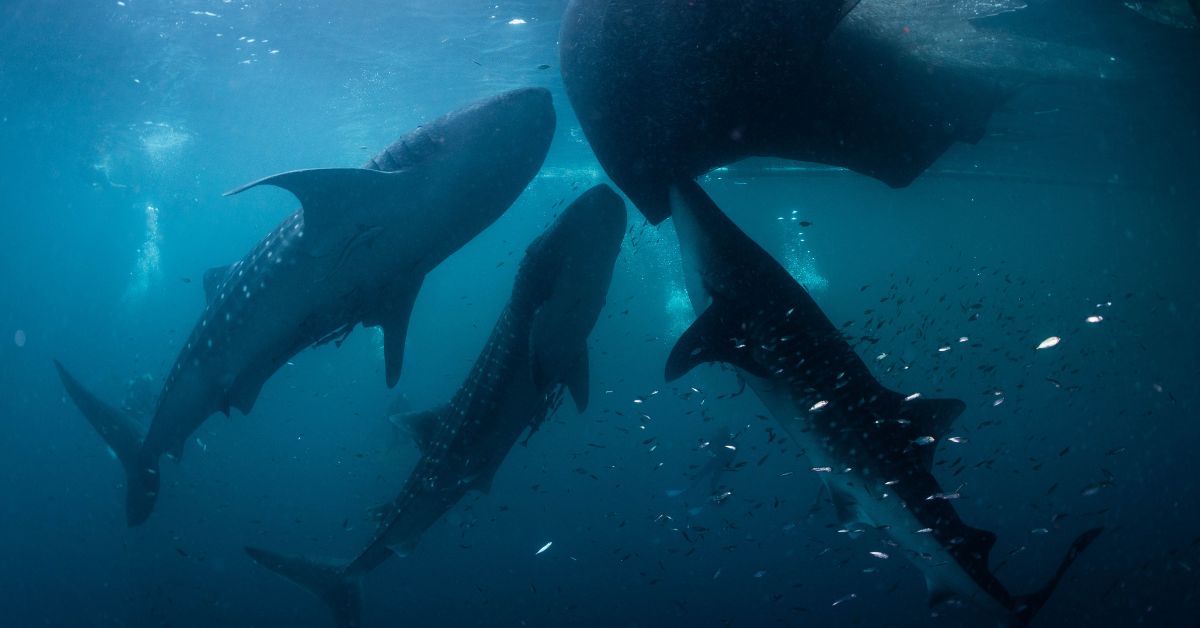Scuba diving opens up the underwater world for exploration, offering a unique blend of adventure, tranquility, and fascination with marine life and ecosystems. However, the entrancing allure of the deep blue comes with a few challenges and common pitfalls, which many beginners fall subject to.
Awareness and preparedness can significantly enhance the experience, making every dive not just safer but infinitely more enjoyable. Explore common mistakes beginners make when scuba diving and learn how to avoid them.
Not Practicing Buoyancy Control
Buoyancy control is one of the foundational scuba diving skills beginners should learn to master. New divers often struggle with this, leading to excessive finning, which can cause exhaustion, disturb marine life, or accidentally damage sensitive coral reefs. Proper buoyancy control starts with a well-executed buoyancy check at the surface, adjusting weights according to water salinity, and wearing the minimal weight necessary.
Continuous practice in a controlled environment, such as a swimming pool, can significantly improve your buoyancy skills. Paying attention to breath control—a subtle but effective buoyancy adjuster—also helps maintain the desired depth effortlessly.
Neglecting Pre-Dive Safety Checks
The excitement of jumping into the water can sometimes overshadow the critical step of performing pre-dive safety checks. This oversight can lead to easily avoidable problems, like discovering equipment is malfunctioning or missing while already deep in the water. A thorough check involves reviewing all gear configurations.
Ensure you’ve connected everything properly and run it through the BWRAF checklist—BCD (Buoyancy Control Device), Weights, Releases, Air, and Final Okay—with your buddy. This simple practice significantly mitigates risks and reinforces safe diving habits.
Overlooking Health and Fitness
Not maintaining a good level of health and fitness can impact a diver’s safety and enjoyment. Scuba diving is a physically demanding activity requiring stamina, strength, and flexibility. A lack of fitness can result in quick fatigue, increased air consumption, and difficulty in managing gear underwater.
The unique physical pressures experienced while diving can exacerbate certain health conditions. Regular physical examinations ensure you are fit to dive, and frequent exercise maintains your physical condition. Staying hydrated, eating a balanced diet, and getting sufficient rest before dives are crucial to ensure your body is ready for the challenges of scuba diving.
Misjudging Dive Difficulty
Not all diving locations are alike. Simply gaining a diving certificate doesn’t give you an automatic pass to all diving locations. Forgotten Islands diving requires advanced skill due to its strong currents, remote location, and depth variations that challenge even seasoned divers.
Many beginners feel overconfident after a few successful dives despite their heavy reliance on their instructors or buddies. This confidence, though commendable, can lead to underestimating the complexity of certain dives. Beginners should progressively build their skills and experience under the guidance of professionals and stick to dives that match their certification level.
Scuba diving is a magical experience that allows humans to explore the earth’s last frontier. Avoid these common mistakes beginners make when scuba diving to ensure your adventures are thrilling, respectful, and safe for the incredible underwater world.







